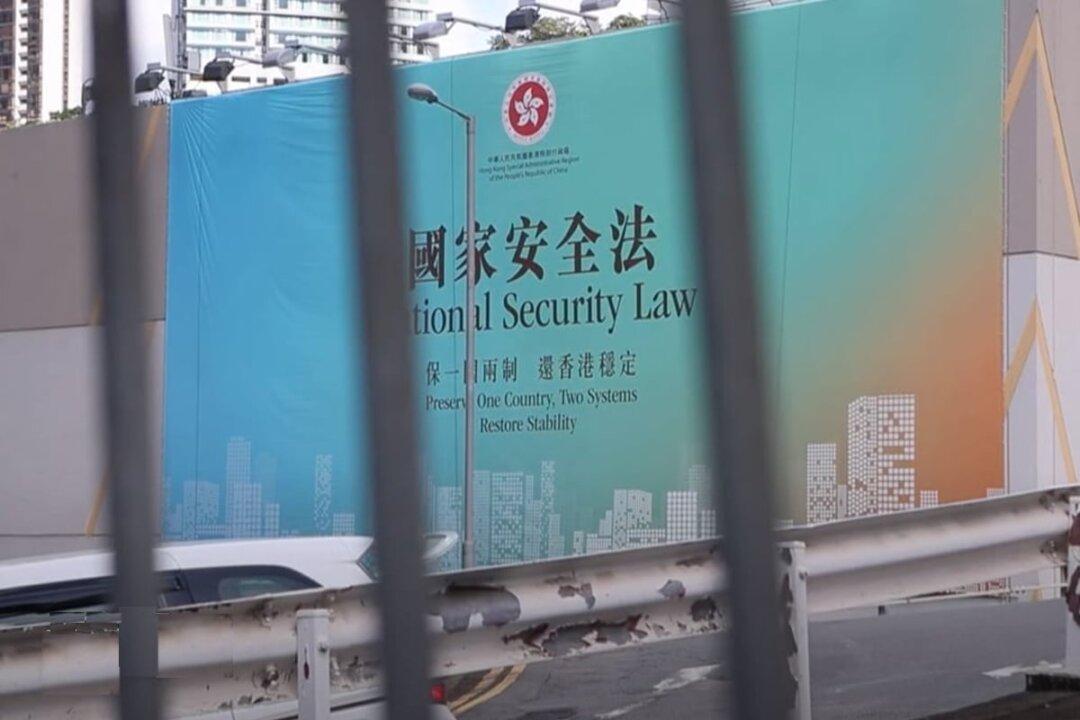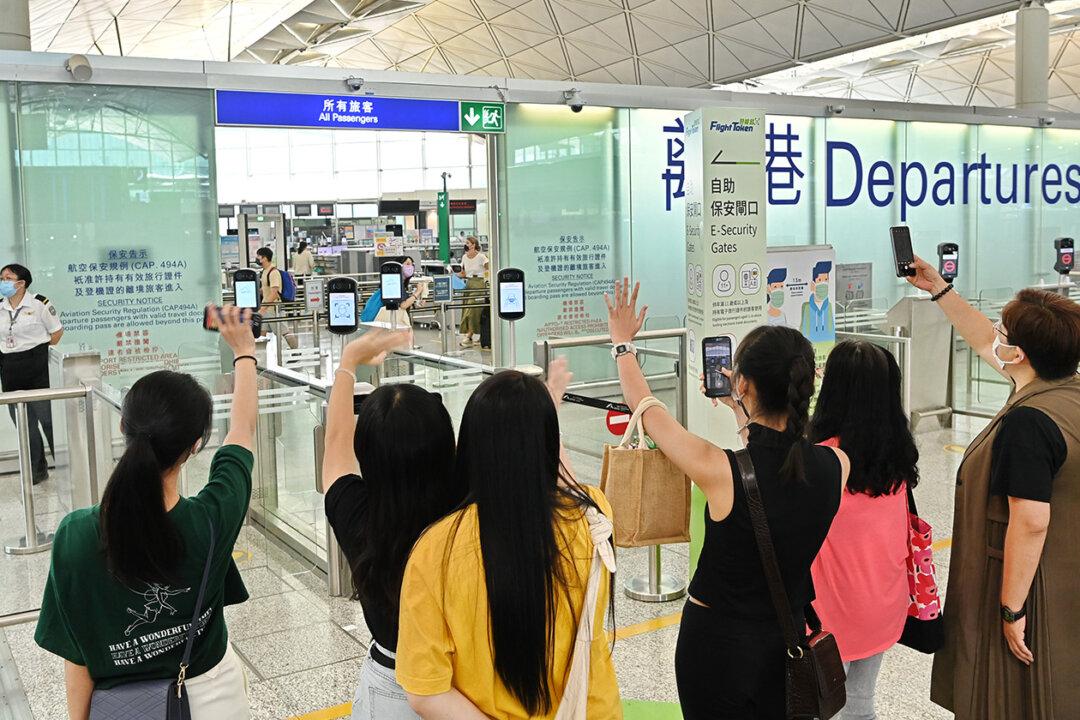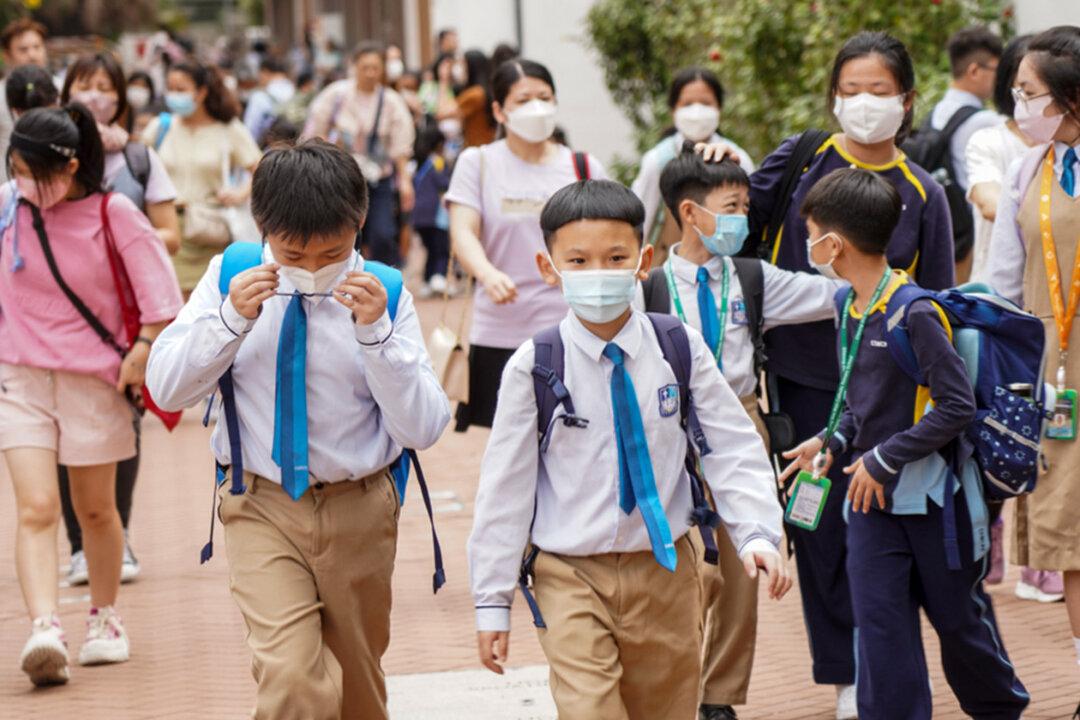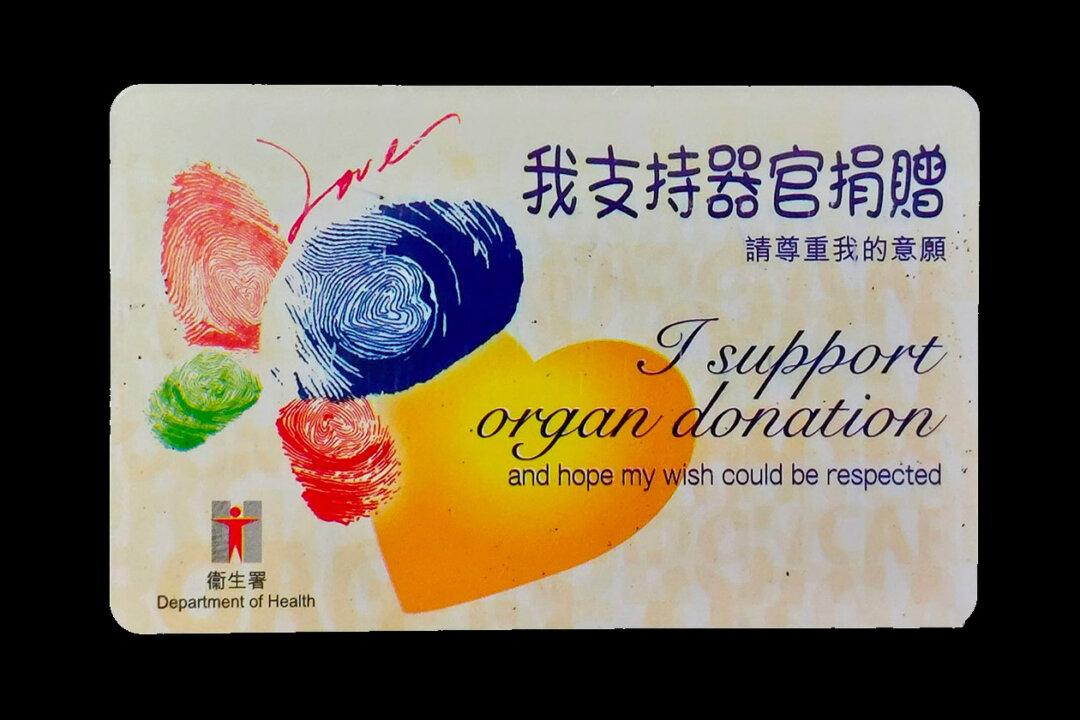The United Nations Special Rapporteur on the Independence of Judges and Lawyers (Special Rapporteur), Margaret Satterthwaite, sent a letter to Bejing to express her concerns over the proposed amendments by the Hong Kong government to restrict the involvement of overseas lawyers in National security cases within Hong Kong, along with the implementation of the Hong Kong National Security Law. Nevertheless, the criticism of the National Security Law and the call for its repeal by the UN Human Rights Committee and other associations faced strong opposition from the Chinese Communist Party (CCP) and the Hong Kong government.
At the end of 2022, the Standing Committee of the National People’s Congress (SCNPC) of the CCP interpreted the Basic Law and decided that the Chief Executive has the power to decide whether a case involves national security and whether overseas lawyers can participate in it, and whether overseas lawyers threaten national security.




